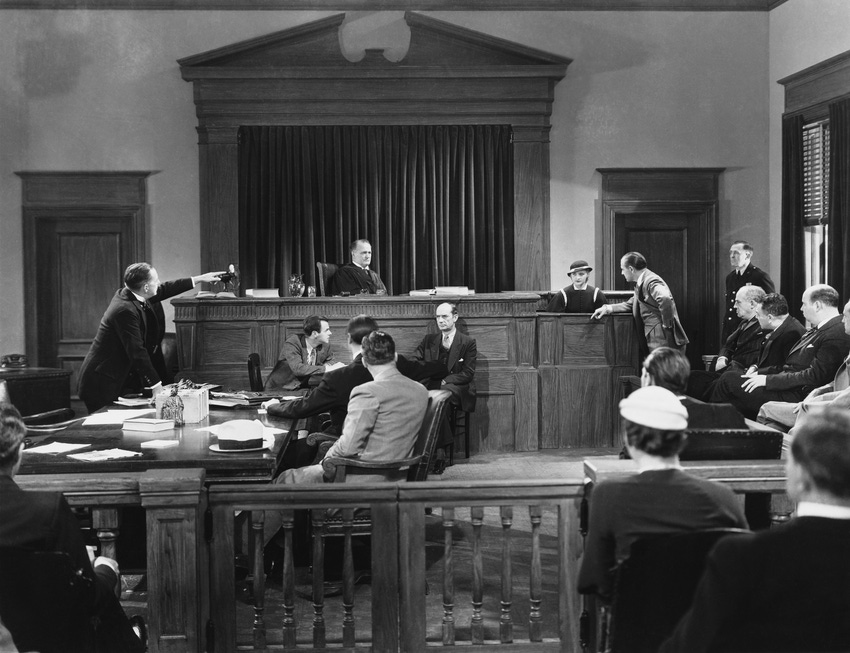The Attorney General for the District of Columbia has filed a lawsuit against Facebook on the grounds of failing to protect user’s privacy and enabling one of the biggest digital scandals to date.
December 20, 2018

The Attorney General for the District of Columbia has filed a lawsuit against Facebook on the grounds of failing to protect user’s privacy and enabling one of the biggest digital scandals to date.
It was only going to be a matter of time before one of the Attorney Generals took the opportunity to take Mark Zuckerberg and his cronies to court, the big question which remains is how many of them will do so. The Cambridge Analytica scandal might be old news in the eyes of the consumer nowadays, but the lawyers aren’t forgetting about it. Blood has been smelt and Washington DC is going to have the first bite.
“Facebook failed to protect the privacy of its users and deceived them about who had access to their data and how it was used,” said Attorney General Karl Racine.
“Facebook put users at risk of manipulation by allowing companies like Cambridge Analytica and other third-party applications to collect personal data without users’ permission. Today’s lawsuit is about making Facebook live up to its promise to protect its users’ privacy.”
The lawsuit itself relates back to the Cambridge Analytica scandal, focusing on Facebook’s inability to meet expectations and commitments when it comes to data protection and privacy, but also the firm’s role in allowing the 2016 Presidential Election to be manipulated. It’s the permission to use data, or lack thereof, which is the big issue here. Cambridge Analytica harvested the data and sold it onto a political consulting firm, none of which it was entitled to do.
This is perhaps one of the biggest grey areas of the digital economy as while technology firms have streamed ahead in how data can be commercialised, rule makers have struggled to keep pace. Firms like Facebook has taken advantage of this regulatory void but cases like this will aim to hold them accountable retrospectively.
This is one of the most difficult things about innovation. Because these firms are playing with new ideas for the first time there is no precedent to where the line between right and wrong should be. In most cases, this would be an effective defence, as while most governments will of course want to protect citizens, they will also want to encourage innovation and exploration. In this case however, Facebook might not be able to lean on this idea.
Recent documents released by the UK government demonstrate not only that Facebook was aware there might unethical and illegal aspects to these practises, but that this knowledge went from the bottom to the top of the organization. The internal emails, which were secured by Six4Three during its own lawsuit against Facebook, paint a very deceptive and nefarious picture of the firm, with no regard to the opinion or privacy of the user.
Facebook is in a hole right now, which seems to be getting deeper and deeper. While it cannot shake off the Cambridge Analytica scandal, new controversies are being thrown at the platform, including the most recent claim. Rumbling through the world as we speak are claims Facebook granted certain technology companies, such as Netflix and Spotify, access to user’s private messages.
Facebook will of course end up in court and considering it has admitted wrong-doing on several occasions, there will be heavy punishments laid out. One of the big questions which remain is how many of the Attorney Generals across the US will bring their own lawsuit forward.
About the Author(s)
You May Also Like







.png?width=300&auto=webp&quality=80&disable=upscale)

.png?width=300&auto=webp&quality=80&disable=upscale)
_1.jpg?width=300&auto=webp&quality=80&disable=upscale)



.png?width=800&auto=webp&quality=80&disable=upscale)